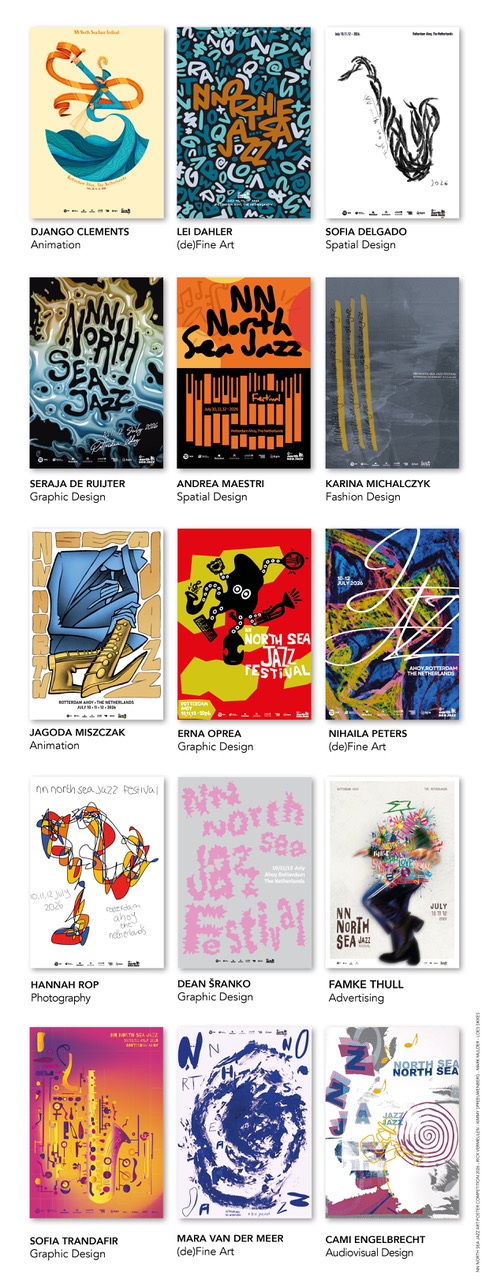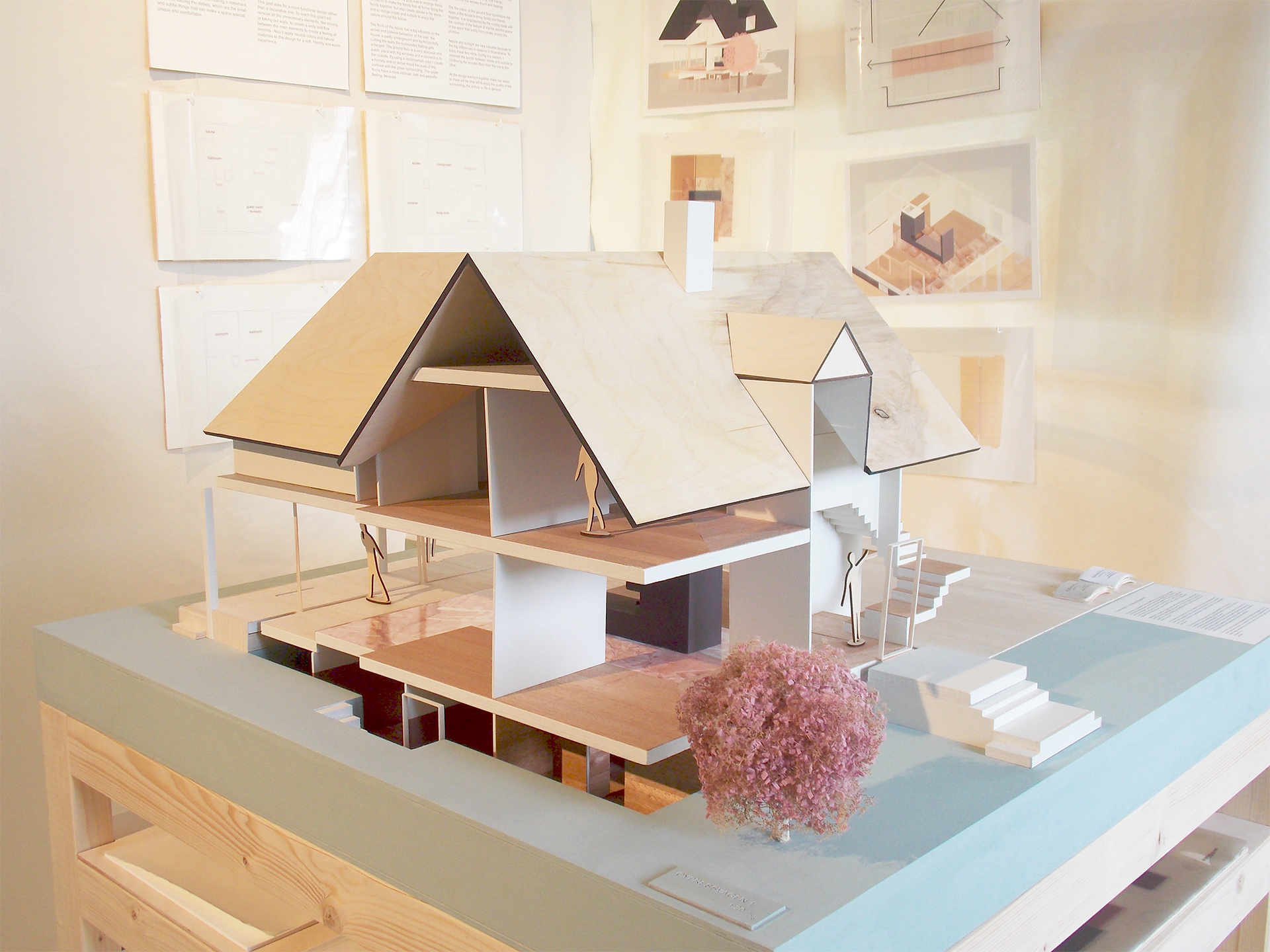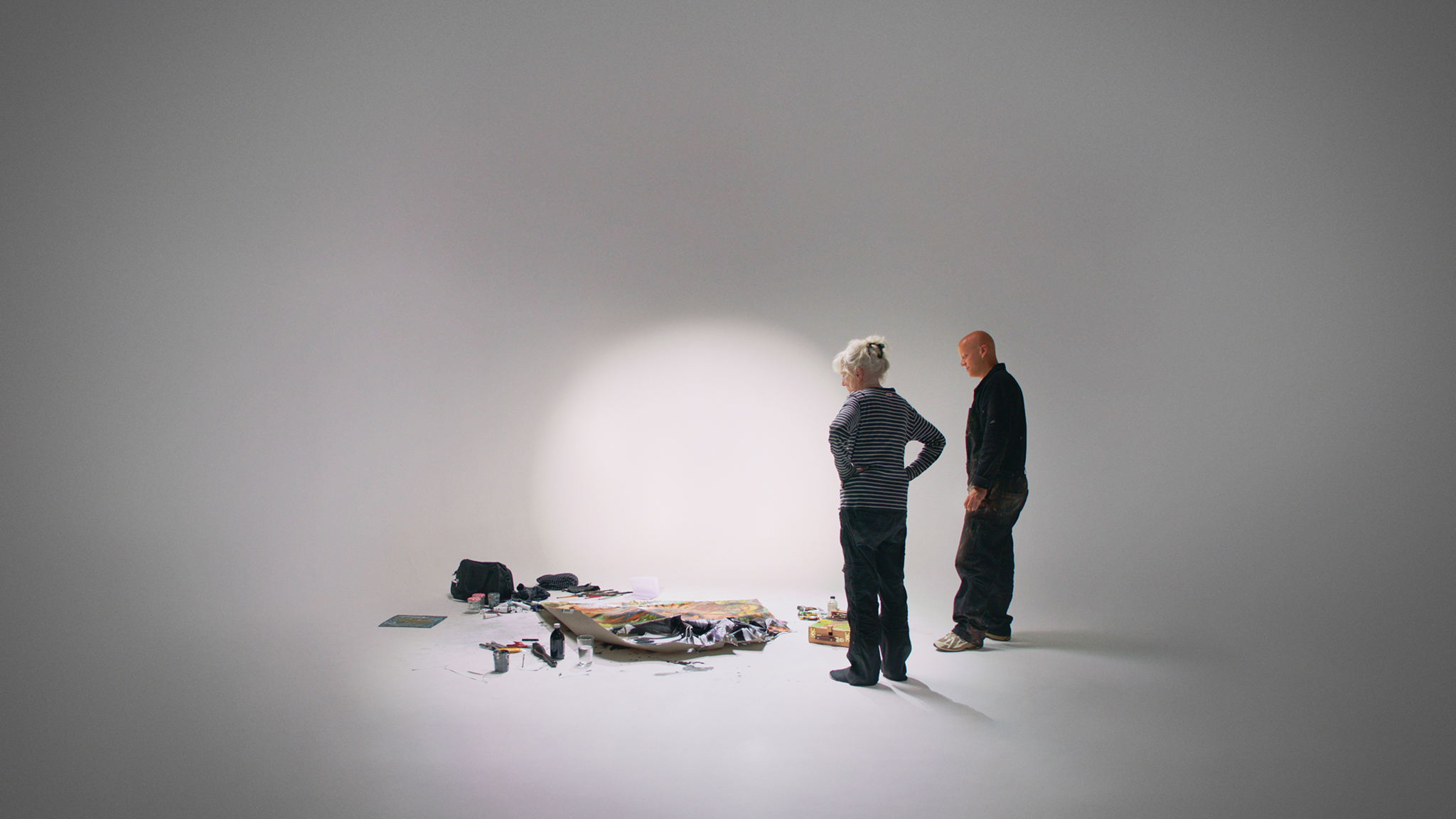Transformation Design | Graduation Series 2025
Lisette Kuling (28) came to the Willem de Kooning Academy searching for a place where creativity and social engagement could meet. With personal experiences in mental health and addiction recovery, she knew she wanted to do more than just design for aesthetics. Her work needed to matter, especially for those navigating complex systems like the mental healthcare and child protective services.
“I always knew I wanted to do something meaningful,” Lisette says. “And I’ve found that in transformation design: using creativity to improve structures that really affect people’s lives.”
Learning Through Play
For her graduation project, Lisette is designing the concept for a game aimed at supporting youth care professionals in their daily work. The game, still in development, is grounded in co-creation with youth care workers, educators, and peer recovery coaching. Through collaborative sessions and interviews, she’s collecting insights to shape a tool that focuses on strengthening empathy, reflection, and engagement within care.
“There’s already a lot of reflection happening in the field,” Lisette explains. “But I think playfully learning together might activate something else: something more fun, more motivating.”
The game will address moments of contact between youth workers and young people, aiming to help professionals reconnect with the reasons they chose their line of work in the first place. “I don’t believe in pointing fingers,” she says. “This game isn’t about judgment, it’s about helping people feel empowered to do their job well.”
A History of Care-Focused Design
Lisette’s project builds on work she started last year in collaboration with Parnassia and Stichting Bagagedrager, where she co-developed an association card game for use in recovery groups. She was responsible for the illustrations, and the cards are now in production. The project gave her firsthand experience with visual storytelling in sensitive settings - an approach that has carried into her graduation work.
Currently interning at Garage 2020, an Amsterdam-based foundation dedicated to innovation in youth care, Lisette is surrounded by professionals working toward more resilient and future-proof systems. “They’re doing such important work,” she says. “That environment has really helped me push this project forward.”
Research-Driven, People-Oriented
Lisette’s design process has involved extensive desk research, interviews, and now creative co-creation sessions. Her goal is to develop a concept book for the game by graduation, a roadmap she hopes to continue building on with funding and partner organizations afterward. “It’s impossible to fully develop a game like this in five months,” she says. “But I love bookmaking, typography, graphic design and will be working on a low resolution prototype in the coming weeks.”
Her biggest challenge? Organizing the logistics of co-creation under tight timelines. Recruiting youth care professionals, setting up sessions, and navigating privacy constraints make the process unpredictable - but also deeply rewarding. “Co-creation is beautiful, but also complex. Especially when your schedule depends on other people’s availability,” she says.
From Personal Process to Collective Impact
Lisette’s time at WdKA has been marked by personal growth. In her early years, much of her work revolved around her own recovery and identity. Now, she’s found more emotional distance and with it, the ability to create work that resonates beyond her own story.
“I used to identify so strongly with the subjects I worked on, like autism, addiction. But now I can include parts of myself without being the center of it,” she reflects. “That shift has been really powerful.”
She also credits the academy’s support for her development - particularly her involvement in an experiential expert course, which helped shape her direction.
What Comes Next?
While the future is still uncertain, Lisette knows what kind of work she wants to pursue. She’s exploring master’s programs that combine design and social innovation, and hopes to continue contributing to social services - perhaps by further developing her graduation game or working on new care-focused projects.
“The work Garage 2020 does - supporting youth through resilience and innovation - really inspires me. That’s the direction I want to keep exploring.”
Advice for Future Designers
Lisette’s advice is simple and thoughtful: “Take the space to discover and develop. Ask questions. Talk to everyone. Don’t hold back.”
She recalls a recent message from a student just starting out in Product Design, asking for advice. “It felt surreal,” she says. “These four years flew by and suddenly someone’s looking to me for guidance. My advice? Use your time to figure out what matters to you.”


